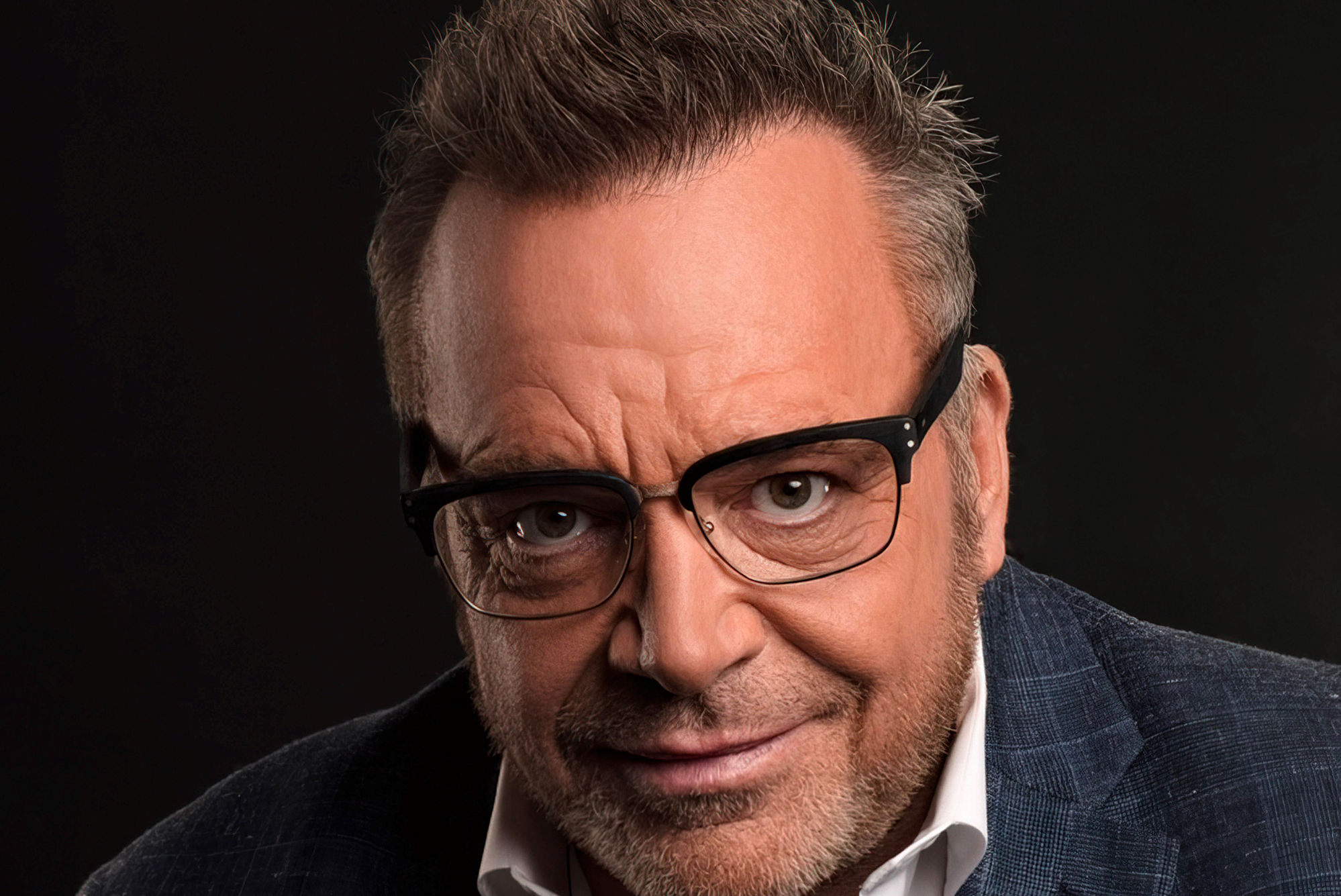Sarasota Is Facing a Youth Mental Health Crisis, and Many Parents Can't Cope

Image: fizkes/Shutterstock.com
Child welfare advocates and mental health specialists in the area are grappling with a new, concerning trend: a rise in the number of local children who are being removed from their homes because parents find themselves unable to care for their kids.
Eighty-five children in Sarasota, Manatee and DeSoto counties have been removed from a home because of a parent or guardian's "inability to cope" with the child over the past year. Around the region, "inability to cope" ranks behind only drug abuse, domestic violence and inadequate supervision as the top reasons for why children are removed. In Sarasota County, it is the third most often cited reason, behind drug abuse and domestic violence.
Experts say that's unprecedented.
"I've been doing child welfare since 2006 in many different counties, and this is something new to me over the last year," says Nathan Scott. He's the child welfare policy coordinator with the Family Safety Alliance, which works with a number of agencies in Sarasota, Manatee and DeSoto counties.
"Inability to cope" is defined as a situation in which a parent notifies authorities that he or she can no longer take care of a minor. It can also occur when a parent declines to pick up a child after the child has been placed in a mental health treatment center through the Baker Act, or when a parent declines to allow a child back into a home after the child has been arrested or incarcerated.
Scott says the Covid-19 pandemic has added anxiety to many families who were already struggling to get by, and that children spending more time at home, with limited supervision, has led to more stress. The majority of kids removed because of "inability to cope" are teenagers, typically 15 to 17, says Scott. They have often experienced trauma, and may have been charged with crimes.
"Overall, we've seen an increase in behavioral health needs and mental health needs and more substance abuse across the country," says Scott. "It's not surprising that you see that happen in youth, as well."
Minors facing charges cannot be held at Sarasota's Juvenile Assessment Center for longer than 21 days. Because of slowdowns in the juvenile justice system caused by Covid-19, youth cases may not be resolved before that 21-day period ends, which leads to children being released, often back into their home, while they await their next court date. In the meantime, parents must care for them.
According to Scott, some parents do not feel safe caring for a child who is facing criminal charges and are concerned about possible danger to themselves or the child's siblings or other family members, and so decline to accept the child back into their home.
"A lot of it is being cooped up with family and a lot of family conflict over limit-setting," says Terry Cassidy, the executive director of the Bayside Center for Behavioral Health at Sarasota Memorial Hospital. "Because people are limited with their coping skills, those situations can blow up. There's been so much stress and angst and anxiety and changes in people's lives. They're a little more fragile these days."
Bayside works with patients who have been hospitalized through the Baker Act, a Florida law that allows for the temporary detention of people experiencing mental health crises who may be a risk to themselves or others. While Bayside serves patients from around the region, Cassidy estimates that between 85 and 90 percent of the center's patients come from Sarasota County.
The number of adults hospitalized through the Baker Act has remained relatively steady through the pandemic, but Bayside has seen a spike in need among minors: 815 kids have been brought to Bayside through the Baker Act during its current fiscal year, which started last October. For the entire 12 months prior, the total was just 779.
For comparison's sake, 918 adults have been admitted to Bayside since last October, compared to 1,486 the year prior. Cassidy says the decline in the number of adults coming in may be because the pandemic has made adults hesitant to seek help or scared to venture into medical facilities. According to Cassidy, that number may rise again as the pandemic becomes less of an immediate threat.
With children, the Baker Act is most often invoked by families, law enforcement officers, school resource officers and counselors. Youth patients typically stay at Bayside for two to three days before being released. While Bayside cares for children as young as 4, most patients are between ages 12 and 17. Cassidy estimates that a parent or guardian declines to pick up a child at least once or twice a month.
"Typically, the reason it happens is the family gets desperate," says Cassidy, who says there's a "tremendous need" for mental health services in the area and a "scarcity of resources."
When "inability to cope" does occur, the case is turned over to the Florida Department of Children and Families, and the child may be placed in a foster home, a group home or a shelter, but it can be difficult to place children (particularly teens) who have criminal records or are facing mental health challenges.
"We need foster parents for teens," says Brena Slater, the chief executive officer of the Safe Children Coalition, which licenses foster homes in the area and works to help families adopt. More than 1,400 children in the area are currently in foster care.
Parents can be reunited with children who have been removed for "inability to cope," but must follow specific case plans overseen by the court system. "It's not just an overnight thing," says Scott.
Social workers are contacting parents who say they can't handle children before the kids are removed to make the parents aware of the legal consequences of a removal being designated as "inability to cope." Children can be removed for short stretches to give families what Scott calls a "breather" without setting off a long-term legal process. The goal, Scott says, is to keep families together, if possible, rather than place children in the foster care system.
"We would much rather parents ask for help," says Scott.



